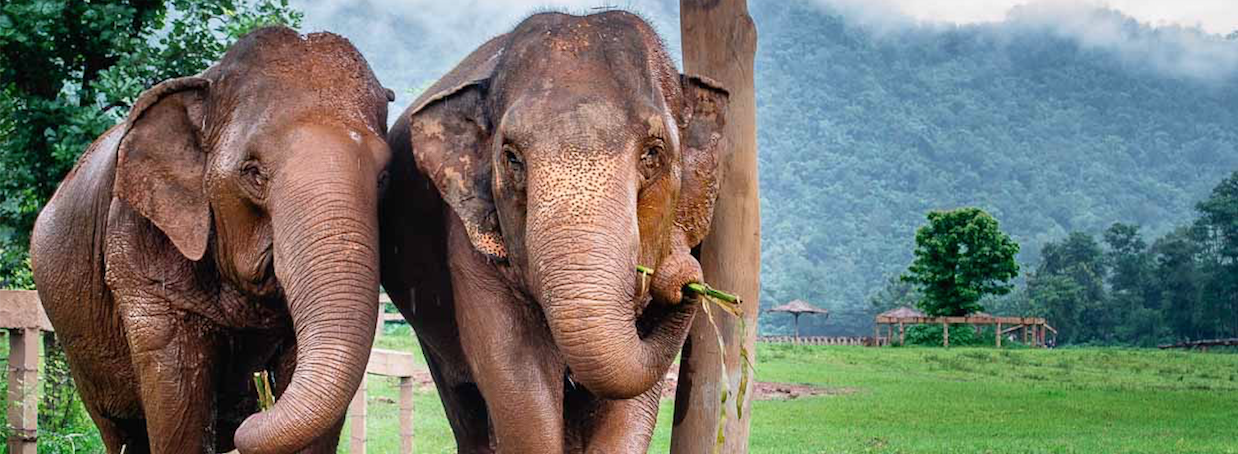Elephant Nature Park in Thailand
By Sarah Dean
Our charity the FutureSense Foundation have partners across all 6 of our locations and we want to uncover just how hard they work in the communities they serve. For all animal lovers, you’ll love to hear the work we do with Elephant Nature Park in our Thailand hub. Working hard year-round, the founder and the team on the ground continuously working to protect species and their habitat and eliminate animal cruelty.
Who is ENP?
ENP was founded in the 1990’s and it located 60km from the city in Chiang Mai province, Northern Thailand. It is a unique and ethical program that aims to offer sanctuary for injured, destressed and rescued elephants from all around Thailand. However, their work is not limited to elephants, as they host dogs, cats, buffaloes and various other rescued animals.
Meet the founder
Lek Chailert is the founder of ENP and since a very young age has had a huge passion and respect for these gentle giants. She was born in a small hill tribe and growing up she was able to assist her grandfather in caring for sick animals within her community.
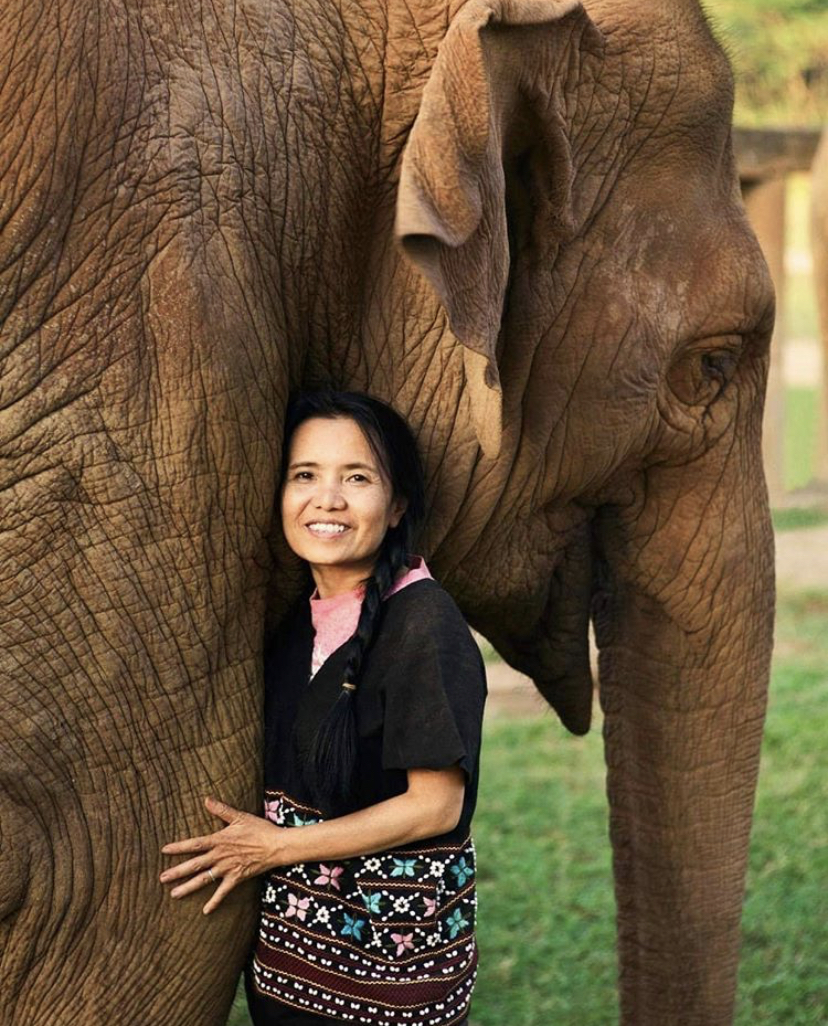
When Lek learned that elephants were becoming endangered she started to advocate for the Asian elephant's rights and welfare in Thailand. This was no easy task, with the tourism industry heavily reliant on the use of elephants and their ways deeply embedded within Thai traditions.
But her voice is now internationally recognized, winning many awards for her work. In 2005, Lek was named Asian Hero of the Year by Time magazine. Her mission and passion continue to impact the lives of those who are involved in animal welfare and conservation.
Elephant abuse & surrounding issues
The Asian elephant population has decreased by at least 50% with the species officially considered as an endangered. Their numbers have been dropping by an alarming rate with roughly less than 30,000 Asian elephants left in the world today.
It is estimated that there are 3,000 to 4,000 Asian elephants in Thailand, but around half are domesticated and the rest living wild in National Parks Reserves. Around 300 are suffering appalling conditions and are forced to live their lives in either the logging or tourism/entertainment industry.
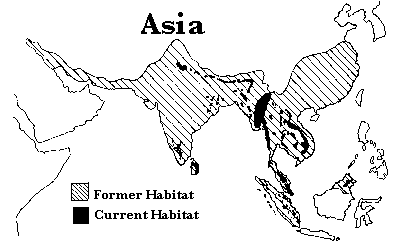
This is all epitomized by that fact that humans are also slowly inhabiting more and more of the Asian elephant's former natural habitat. Many elephants are also killed by old landmines and poachers.
Often elephants are bought for owners to obtain ‘begging’ money from sympathetic tourists. The animals are forced to walk long distances on hot roads and are not able to obtain the required amount to eat and drink. Elephants eat 200-300kgs of food in a day and roughly 100-200L of water for their daily nourishment. They can easily suffer from stress, dehydration, poor diet and air pollution.
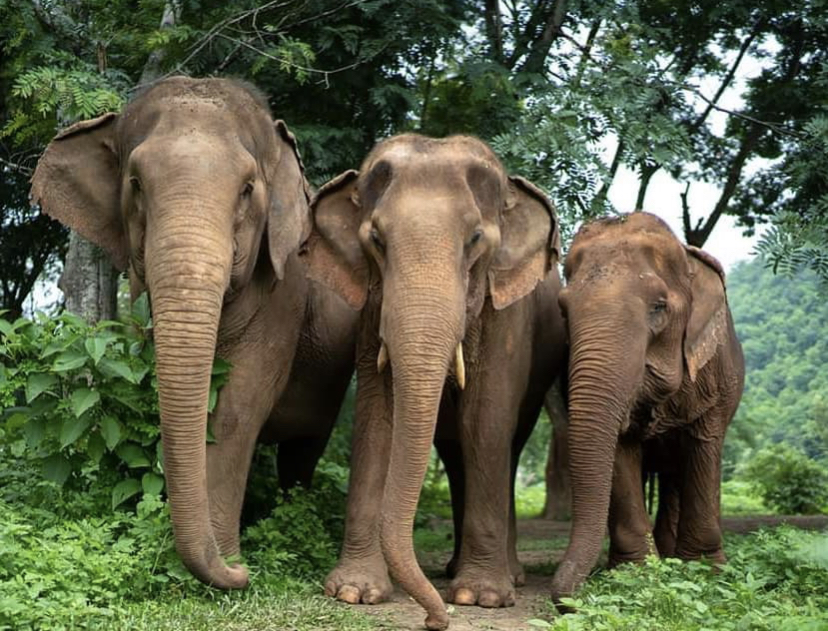
Through the development of ENP, they are able to provide a haven for these animals. The park has well over 90 elephants protected, with COVID-19 allowing the park to take care of more elephants as owners are unable to care for them during this difficult time.
More than just elephant rescue
But ENP do not solely offer a rescue center for these animals as their mission encompasses much more. They have a rainforest restoration program which involves planting trees in surrounding areas. Roughly 25 acres of the mountainside will be planted each year for the first five years.
They also aim to educate all that visit and follow the park on social media. They are completely invested into educating individuals, study groups, schools and all interested parties on endangered species, animals rights and welfare as well as wildlife conservation. ENP offers volunteers and tourists the opportunity to interact with animals in a safe and natural environment, providing care and respect to the rescued animals.
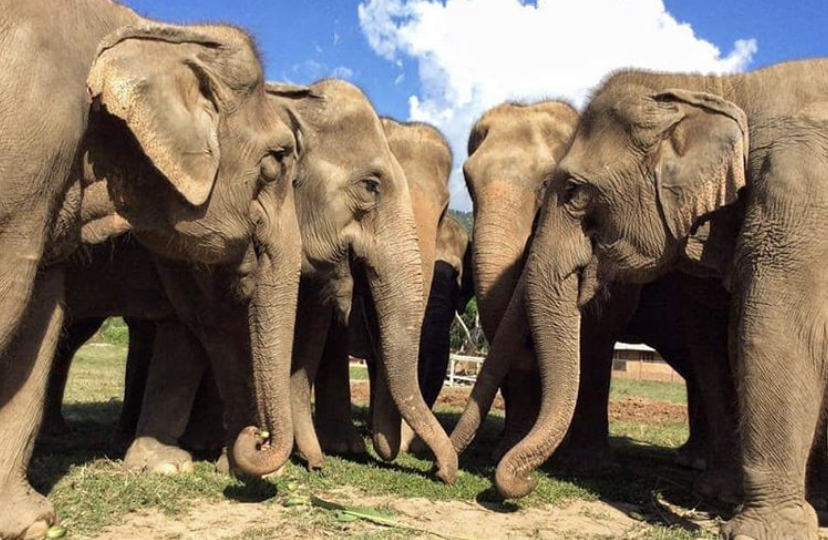
Cultural preservation of the local community is very important to the park and its founder. They have created employment and their products are locally sources, assisting locals in sustaining their unique culture. They also locally employ park managers to run and overlook the progress of the park.
How can you help?

Join us in Thailand on our Elephants and Hill Tribe Challenge and you will spend a week volunteering with our partner, the Elephant Nature Park. Come and feed the elephants and prepare their favorite snacks, clean up at the park, spend time with the cats and dogs and help rehabilitate the disabled dogs with small walks.
By participating in this challenge, you are engaging in such important work to help change the way that elephants exist within Thailand. After all, Asian elephants are the national symbol of Thailand.





